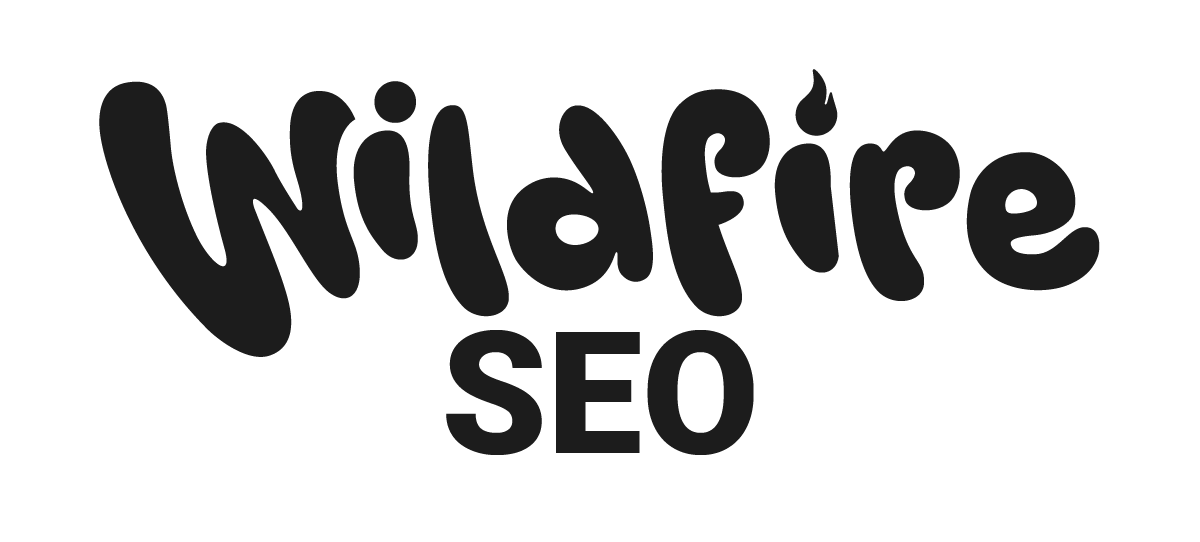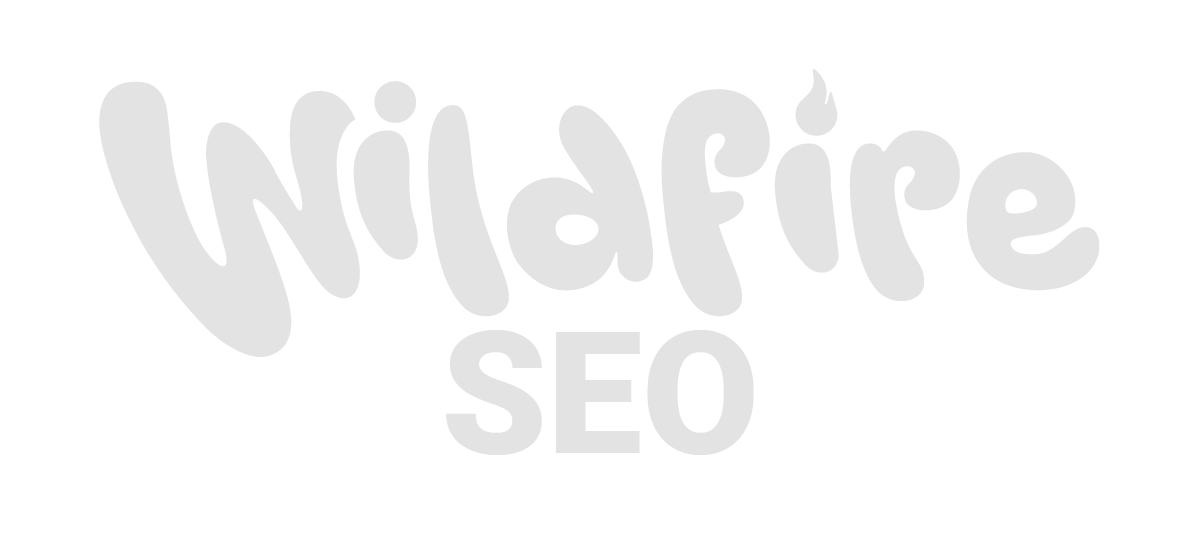
Consumer Search Behaviour: SEO in South Africa
In today’s rapidly evolving digital landscape, understanding consumer search behaviour is crucial for businesses aiming to succeed online. This is especially true in South Africa, where diverse cultures, languages, and socioeconomic factors shape how people search for information and services. For marketers and businesses focusing on SEO in South Africa, appreciating these nuances is essential to connecting meaningfully with audiences and achieving lasting digital impact.
Search Preferences by Region: Urban vs. Rural Divide
South Africa’s population is split between urban hubs and rural communities, each with distinctly different online habits. Urban areas, such as Johannesburg, Cape Town, and Durban, benefit from higher internet penetration, faster connections, and broader access to mobile technologies. As a result, consumers in these cities demonstrate more sophisticated search behaviours, often utilising e-commerce platforms and digital services extensively.
In contrast, rural areas face infrastructural challenges, including limited internet accessibility and slower connection speeds. These constraints naturally influence search behaviour, leading to less frequent online searches and a reliance on simpler, more direct queries. Households in metropolitan regions have internet access at home at nearly 17%, compared to just around 1% in rural locales. This digital divide is a defining feature in understanding SEO in South Africa, as strategies must reflect these geographical disparities to be effective.
Popular Search Devices: The Mobile Revolution
Mobile devices dominate the South African internet ecosystem. Recent data shows that over 76% of web traffic originates from mobile devices, underscoring the importance of mobile-first experiences. Smartphones, in particular, serve as the primary gateway to the internet for most South Africans, including those in underprivileged or rural areas.
Although desktops retain relevance in urban professional and educational settings, the overwhelming preference for mobile search highlights a clear direction for SEO in South Africa: websites and digital content must be optimised for mobile responsiveness, fast loading times, and ease of navigation on smaller screens.
Language Influence on Search Queries
South Africa is uniquely multilingual, with 11 official languages shaping communication and search patterns. English, Zulu, Afrikaans, and Xhosa are among the most widely spoken. This linguistic diversity plays a significant role in how consumers phrase their search queries.
Many South Africans engage in translanguaging—mixing languages or switching between them fluidly within a single search. For example, a user might search for a product or service using English keywords blended with Zulu terms. Search engines are increasingly recognising these patterns, providing better support for local languages and dialects.
For businesses investing in SEO in South Africa, understanding this multilingual behaviour is vital. Incorporating multiple languages into content and keyword strategies ensures broader reach and relevance across the diverse population.
Common Search Intent Types in South Africa
South African consumers display search intents that fall primarily into three categories: informational, transactional, and navigational. Informational searches, such as “how to start a small business in South Africa,” reveal a thirst for knowledge and practical advice. Transactional searches indicate readiness to purchase or engage with a service, exemplified by queries like “buy smartphones online South Africa.” Navigational searches, meanwhile, target specific websites or brands, including searches for bank logins or local service providers.
Recognising these intent types helps refine SEO in South Africa by enabling content creators to tailor their messaging to what users seek, whether it’s answers, purchases, or access to trusted platforms.
The Impact of Socioeconomic Factors on Search Behaviour
Income levels and internet accessibility deeply influence search behaviours across South Africa. Wealthier individuals, with access to stable internet and multiple devices, tend to have more complex and frequent search activities. For instance, internet penetration stands at over 80% among those earning more than R30,000 monthly, contrasting sharply with less than 30% among those earning under R2,500.
This socioeconomic divide means that SEO strategies must consider varying levels of digital literacy and access. A one-size-fits-all approach rarely works in South Africa’s mixed economy. Instead, tailored campaigns that recognise these disparities are more likely to engage and convert diverse consumer segments.
Local vs. Global Search Patterns
South African consumers often demonstrate a clear preference for local businesses, especially when it comes to everyday services and retail purchases. Convenience, trust, and community ties drive this inclination. However, international brands still hold significant appeal, particularly in sectors such as technology, fashion, and luxury goods.
Search engines have adapted by highlighting local results more prominently within South Africa, which affects how businesses approach SEO in South Africa. Local optimisation, including accurate business listings and geo-targeted keywords, can tip the balance in favour of smaller or regional companies competing alongside global giants.
Seasonal and Cultural Trends in Search Behaviour
South Africa’s rich cultural calendar and holidays have a marked effect on consumer search trends. Periods like Christmas, Easter, and Heritage Day trigger spikes in searches related to shopping, travel, and entertainment. Similarly, cultural events and festivals lead to surges in queries for event information, accommodation, and local experiences.
For marketers and businesses focusing on SEO in South Africa, leveraging these seasonal and cultural moments can create timely opportunities to connect with audiences. Aligning content and campaigns with these trends increases relevance and user engagement.
Search Behaviour Across Industries
Different sectors exhibit unique search behaviours in South Africa. Retail continues to evolve with growing e-commerce activity and a pronounced mobile focus. Tourism-related searches often centre on local travel options and experiences, reflecting increased domestic tourism interest. Finance-related queries highlight the rising popularity of online banking and financial literacy, while health-related searches show growing consumer awareness around medical information and services.
Understanding these industry-specific nuances enhances SEO in South Africa by enabling tailored content that meets sector demands and user expectations.
In the complex and vibrant digital environment of South Africa, consumer search behaviour is shaped by an interplay of regional, linguistic, socioeconomic, and cultural factors. For businesses aiming to master SEO in South Africa, it is not enough to adopt generic global strategies. Success depends on recognising and adapting to local realities—whether that means addressing the urban-rural digital divide, embracing multilingual content, or responding to seasonal cultural trends.
At Wildfire SEO, we understand these dynamics deeply and are committed to helping businesses navigate the unique landscape of South African search behaviour. If you want to optimise your online presence and connect authentically with your target audience, reach out to us. Together, we can craft SEO strategies that truly resonate and deliver measurable results.



